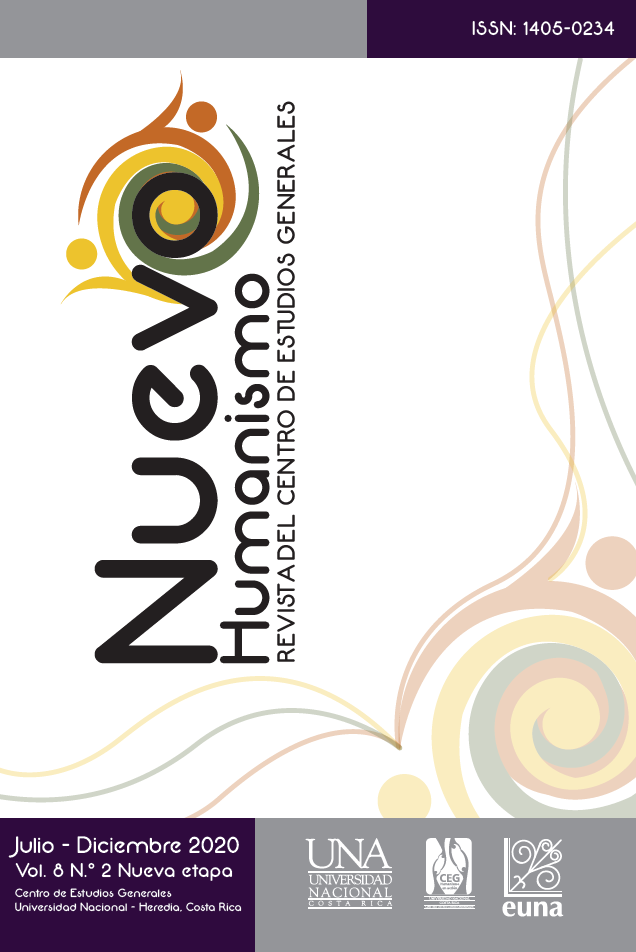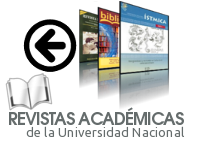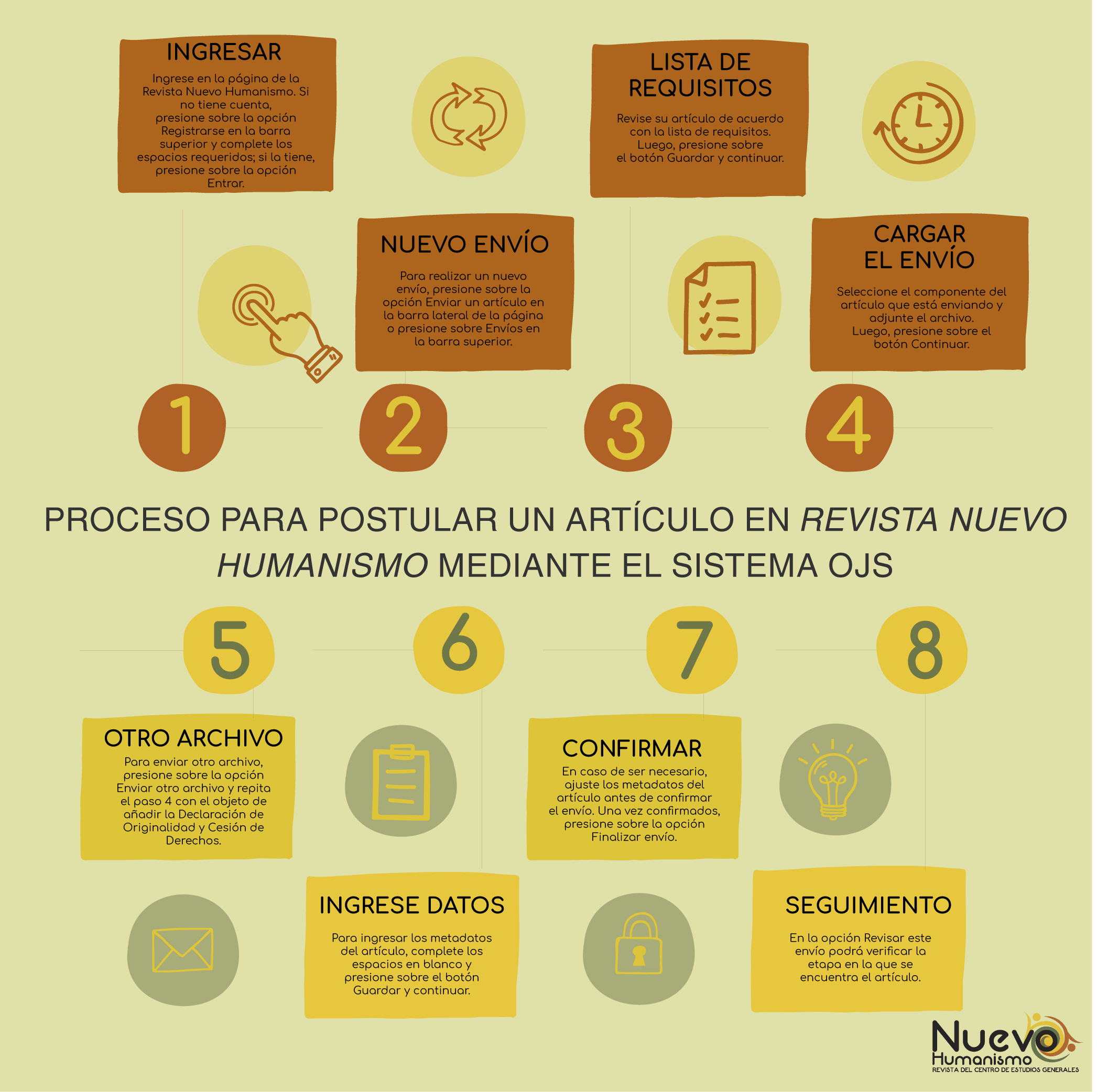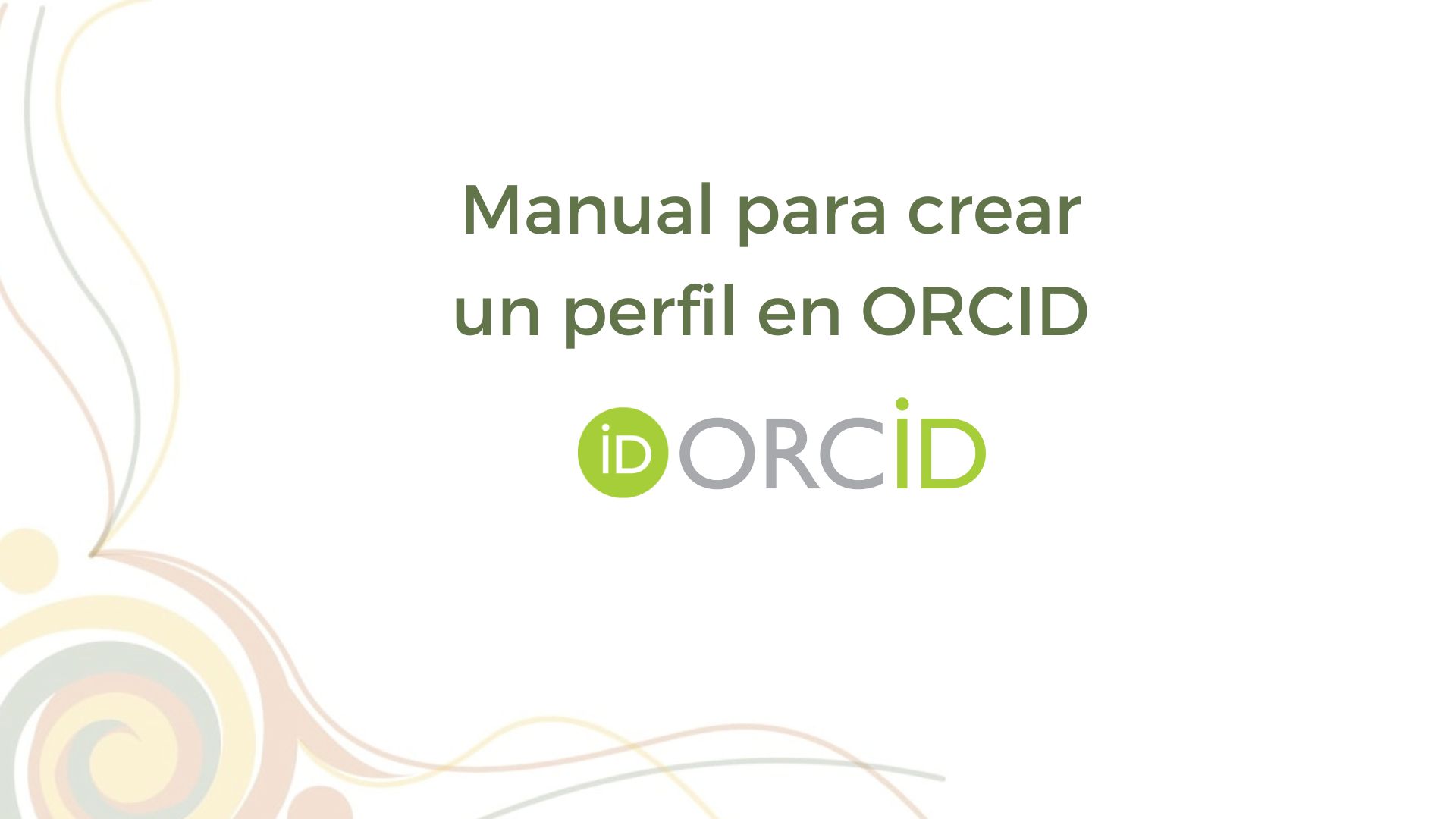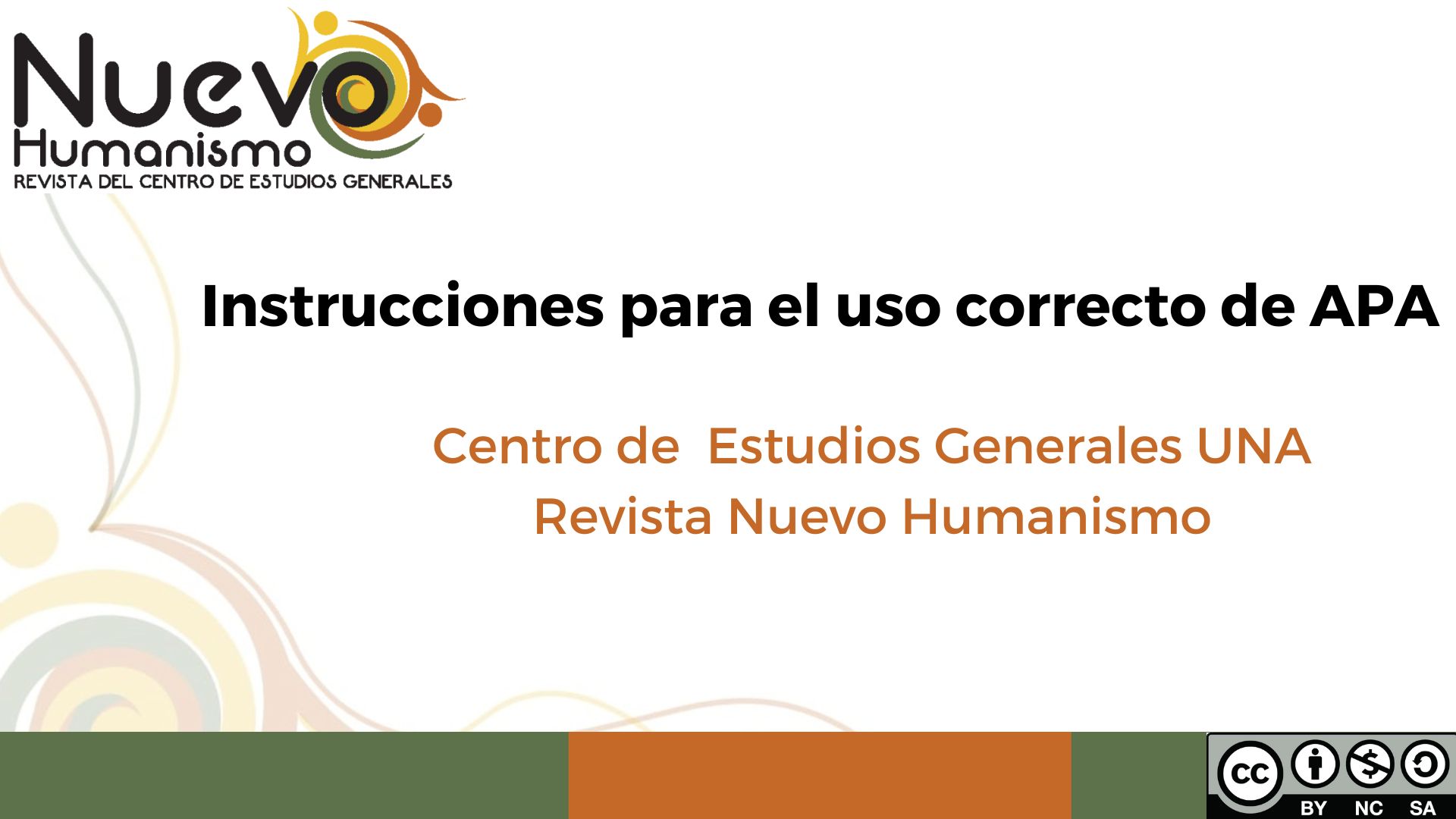University Students: Between the Digital Divide and Learning in Times of COVID-19. The Case of the National University of Costa Rica (UNA), Chorotega Region Campus, Liberia, Costa Rica
DOI:
https://doi.org/10.15359/rnh.8-2.5Keywords:
information and communication technologies; university education; digital divide; learning; COVID-19.Abstract
This research examines the practices of university students for whom the training process has been modified due to COVID-19 pandemics; the process adopted a remote attendance of courses that interacts with virtual learning spaces. Because of the challenges posed, a study was implemented whose objective was to analyze the effects of access to ICTs by university students from the National University (UNA), Chorotega Region Campus, Liberia, Costa Rica, and its possible repercussions on teaching-learning processes. This was achieved by conducting a study with a quantitative, descriptive, and explanatory approach; the study was conducted in a sample of 221 university students. The results revealed wide inequalities in the following four components in different student groups: connectivity, technological resources, inconveniences, and alternate complications. Besides, the results showed that, in the interaction with ICTs, there is an evident discrepancy in access to digital resources, known as the digital divide. Important variables to be considered to address the mental health of students and teachers also stand out. The research establishes that digital literacy is a social challenge still pending. Therefore, recommendations are proposed to the UNA’s different instances, especially to the Office of the Vice President for Student Welfare and the Office of the Vice President for Teaching.
References
Abreu, A. T., Bonilla, I. R., Molina, R., Carrasquillo, J. E., Rodríguez, L. R. R., García, M. R., ... y Nina, D. (2020). Brecha digital, aprendizaje y salud mental. Recuperado de: https://www.academia.edu/download/63986199/Brecha_Digital-Aprendizaje-Salud_Mental_en_UPRH_ante_el_COVID-19 20200721-31501-1tcrkk1.pdf
Banco Interamericano de Desarrollo - BID (2020). La educación en tiempos del coronavirus: Los sistemas educativos de América Latina y el Caribe ante COVID-19. http://dx.doi.org/10.18235/0002337
Cano, S., Collazos, C. A., Flórez-Aristizabal, L., Moreira, F., y Ramírez, M. (2020). Experiencia del aprendizaje de la Educación Superior ante los cambios a nivel mundial a causa del COVID-19. Campus Virtuales, 9(2), 51-59. http://uajournals.com/ojs/index.php/campusvirtuales/article/viewFile/734/412
Cañete, A.R. (2020) El coronavirus no discrimina, las desigualdades Sí. Oxfam: Recuperado de: https://oi-files-d8-prod.s3.eu-west-2.amazonaws.com/s3fs-public/2020-03/Covid%2019%20en%20LAC_nota%20informativa_F_0.pdf
Cobo-Rendón, R., Vega-Valenzuela, A., y García-Álvarez, D. (2020). Consideraciones institucionales sobre la Salud Mental en estudiantes universitarios durante la pandemia de COVID-19. CienciAmérica, 9(2), 277-284. http://cienciamerica.uti.edu.ec/openjournal/index.php/uti/article/download/322/566
García Peñalvo, F. J., y Corell, A. (2020). La COVID-19: ¿enzima de la transformación digital de la docencia o reflejo de una crisis metodológica y competencial en la educación superior? Campus Virtuales, 9(2), 83-98. Recuperado de: https://gredos.usal.es/bitstream/handle/10366/144140/7.pdf?sequence=1
Gómez, R. y Martínez, J. (2001). Internet ¿Para qué? Pensando las tecnologías de la información y comunicación para el desarrollo en América Latina y el Caribe. Centro Internacional de Investigaciones para el Desarrollo (CIID) Canadá, Fundación ACCESO Costa Rica. https://biblio.flacsoandes.edu.ec/libros/digital/44934.pdf
Hernández, R y Mendoza, C. (2018). Metodología de la investigación. McGraw-Hill Interamericana. Recuperado de: https://www.ebooks7-24.com:443/?il=6443&pg=81
Martínez, H. (2018). Metodología de la investigación. Cengage. Recuperado de: https://www.ebooks7-24.com:443/?il=6401&pg=124
Murillo, F. J., y Duk, C. (2020). El COVID-19 y las Brechas Educativas. Revista latinoamericana de educación inclusiva, 14(1), 11-13. Recuperado de: https://scielo.conicyt.cl/scielo.php?pid=S071873782020000100011&script=sci_arttext
Organización de las Naciones Unidas para la Educación, la Ciencia y la Cultura -UNESCO (2020). Impacto de la COVID-19. Recuperado de: https://es.unesco.org/covid19/educationresponse
Ríos, Rossanna (2006). Brecha digital entre estudiantes de escuelas públicas y privadas. Télématique, 5(2),1 Recuperado de: https://www.redalyc.org/articulo.oa?id=784/78450208.pdf
Santuario, A. A. (2020). Educación superior y COVID-19: una perspectiva comparada. Recuperado de: http://132.248.192.241:8080/jspui/bitstream/IISUE_UNAM/541/1/AlcantaraA_2020_Educacion_superior_y_covid.pdf
Serrano, S.A y Martínez, M.E. (2003). La brecha digital, mitos y realidades. México: Universidad Autónoma de California. La brecha digital, mitos y realidades. Recuperado de: http://www.labrechadigital.org/labrecha/LaBrechaDigital_MitosyRealidades.pdf
Sigüenza, J. F. Á. (2019). Nativos Digitales y brecha digital: Una visión comparativa en el uso de las TIC. Revista de la Asociación Española de Investigación de la Comunicación, 6(11), 203-223. Recuperado de http://revistaeic.eu/index.php/raeic/article/download/186/167

